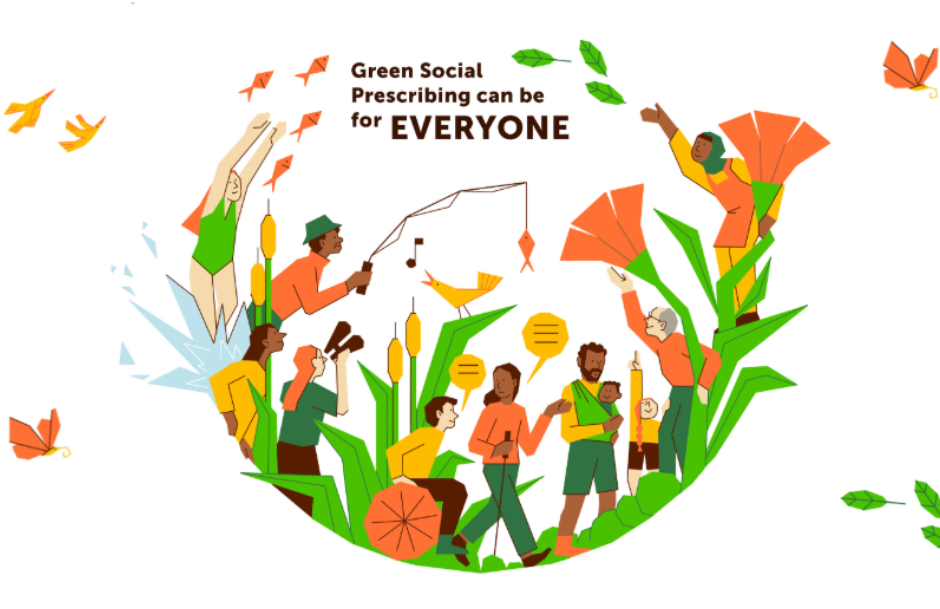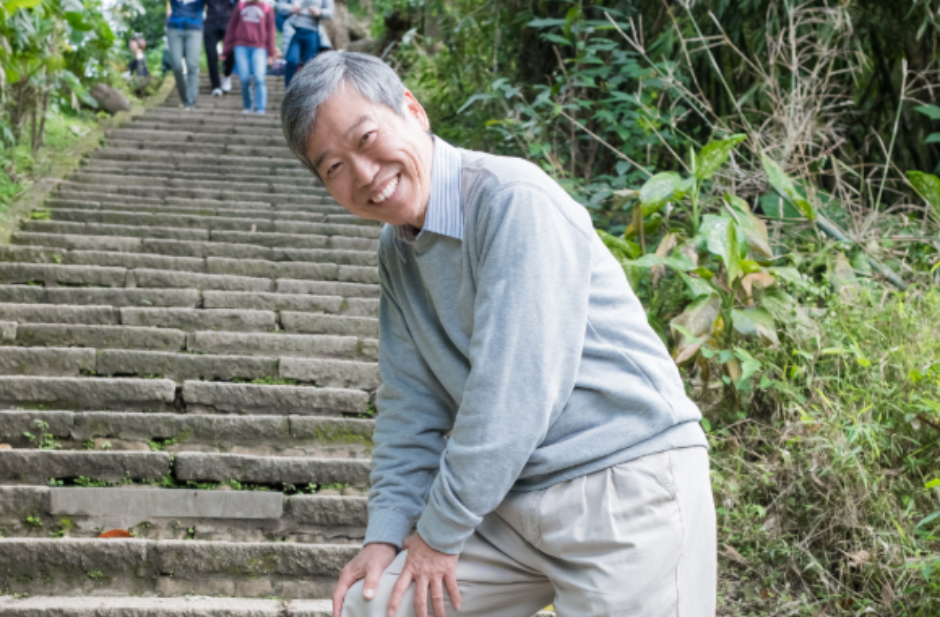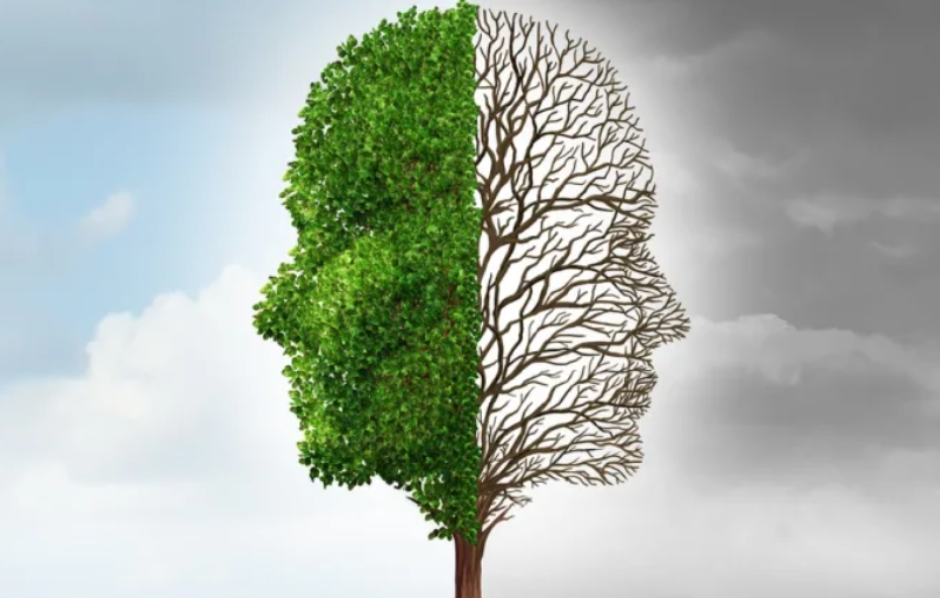In a pioneering step that merges science with the calm of the natural world, the NHS is increasingly relying on nature therapy to treat people with mental health issues. From forest bathing to gardening classes and even care farming, nature is proving to be a potent ally in the country’s mental health policy.
Prescribing Green Spaces

It’s known as “green social prescribing”—a method that includes referring people to outdoor pursuits such as walking, conservation work, community gardening, or just hanging out in parks. They’re not mere feel-good activities; research indicates that frequent exposure to the outdoors can minimise stress, anxiety, and depression levels, and improve mood, confidence, and mental function.
The NHS, which is aware of the increasing pressures on mainstream mental health services, is taking this model on board as both a preventive measure and a therapy. It’s part of the wider move to treat the person, not the symptoms.
“Nature is free, and it’s powerful,” one mental health practitioner in Yorkshire working on a local green care scheme said. “For some patients, it’s been more effective than medication on its own.”
Why It Works

There is increasing evidence supporting nature-based interventions. Time spent in nature:
Reduces cortisol levels (the stress hormone)
Enhances the quality of sleep
Increases exercise, which in itself is known to benefit mental health
Brings people together, overcoming loneliness
And on top of that, being in nature can provide a feeling of purpose—whether it’s cultivating vegetables, restoring an environment, or just walking mindfully along a forest path.
Success Stories from Around the UK

Several NHS Trusts and community groups have tested successful initiatives:
In Nottinghamshire, depressed patients are referred to community allotments where they can work to grow food and develop new skills.
In Cornwall, “blue prescribing” exploits the relaxing effects of coastal walks and swimming in the sea to reduce anxiety and PTSD symptoms.
In Greater Manchester, forest therapy programmes are assisting young adults to control social anxiety and emotional regulation.
The outcomes are encouraging. Participants show enhanced self-esteem, reduced use of medication, and enhanced social skills. Most indicate that they feel like they’re “finally part of something.”
A Holistic Future for Mental Health

Although green social prescribing is not a substitute for clinical treatment, it’s a strong adjunctive method—especially for mild to moderate mental illness. It provides individuals the opportunity to heal in an environment that is soothing, empowering, and frequently unappreciated in contemporary medicine.
While mental health cases keep on growing, particularly in the wake of the pandemic, the NHS is feeling the pressure to get creative. Nature therapy isn’t an option—it’s a way back to something fundamental and profoundly restorative.
Final Thoughts
Mental health does not necessarily require four walls, a waiting area, or a prescription pad. Often, what individuals require is sunlight on their faces, dirt on their hands, and birdsong in their ears.
The NHS’s embrace of nature is something more than a fad—it’s a change of direction toward treating mental illness with kindness, imagination, and community. And in a world that’s more frantic and technologically diverted than ever before, that might be just what we require.
